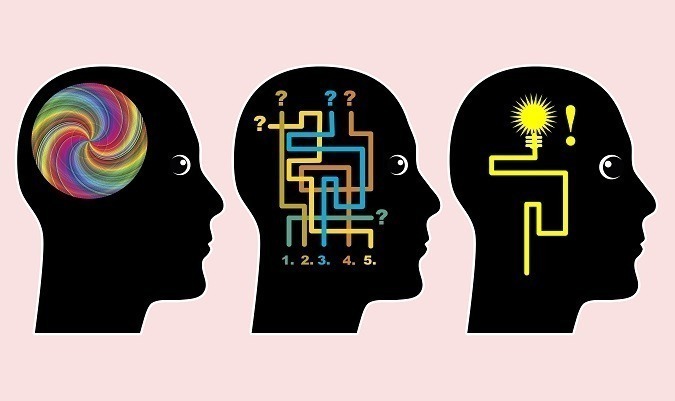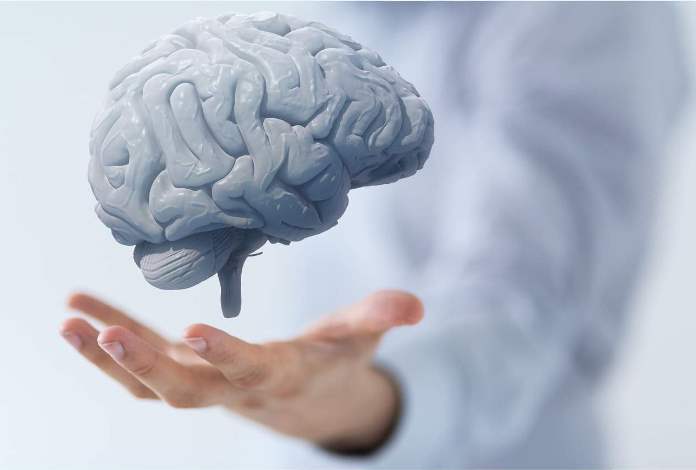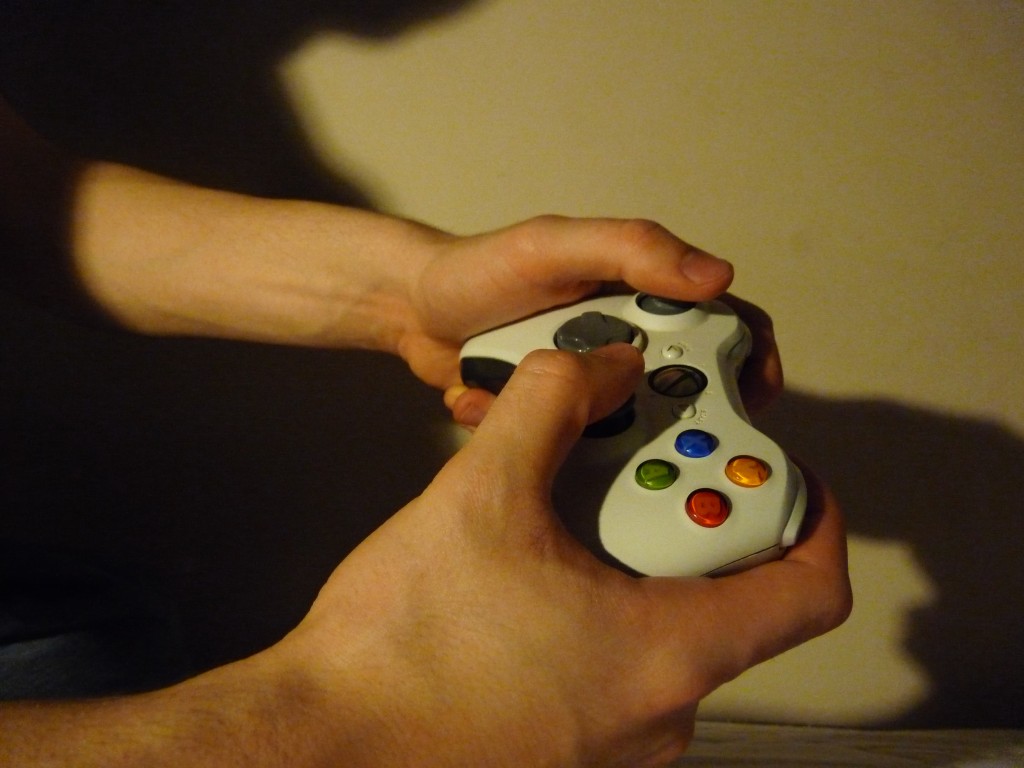Posts Tagged ‘Learning styles’
Helping bridge neuroscience and education: 30+ experts debunk the theory of fixed, rigid “learning styles”
No evidence to back idea of learning styles (OpEd in The Guardian co-authored by 30+ neuroscientists and psychologists): “There is widespread interest among teachers in the use of neuroscientific research findings in educational practice. However, there are also misconceptions and myths that are supposedly based on sound neuroscience that are prevalent in our schools. We…
Read MoreUpcoming webinar: 50 Must-Know Facts to Harness Neuroplasticity & Technology For Better Brain Health
Dear reader, What will you be doing on Thursday April 21st? We encourage you to join a fascinating SharpBrains webinar that day, and discover 50 core facts required to better navigate and apply latest brain science. Our distinguished Faculty–Dr. Robert Bilder @ UCLA, Tan Le @ Emotiv, Alvaro Fernandez @ SharpBrains–will clarify hot topics such as genetics…
Read MoreDo you believe these neuromyths? Do we only use 10% of our brain?
Courtesy of the recent study Neuromyths in education: Prevalence and predictors of misconceptions among teachers, by Sanne Dekker et al, here you have 32 brain-related statements. Are they correct or incorrect? We use our brains 24 h a day (C ). Children must acquire their native language before a second language is learned. If they do…
Read MoreLearning with Video Games: A Revolution in Education and Training?
In recent years, we have witnessed the beginnings of a revolution in education. Technology has fundamentally altered the way we do many things in daily life, but it is just starting to make headway in changing the way we teach. Just as television shows like Sesame Street enhanced the passive learning of information for kids…
Read MoreUpdate: Mind. Learn. Eat. Shape. Play
You may find that too much media coverage on how to take good care of our brains is confusing, if not potentially misleading. In The True Story — is mental exercise good, bad, or irrelevant, Dr. Pascale Michelon dissects for you a recent large study which was largely reported as bad news when in fact it brings…
Read MoreLearning habits, learning styles: The most recent findings
For an excellent review of the most recent findings on learning habits, check out The New York Times recent article: Forget What You Know About Good Study Habits. Tons of unexpected and fascinating results! The findings can help anyone, from a fourth grader doing long division to a retiree taking on a new language. But…
Read More



